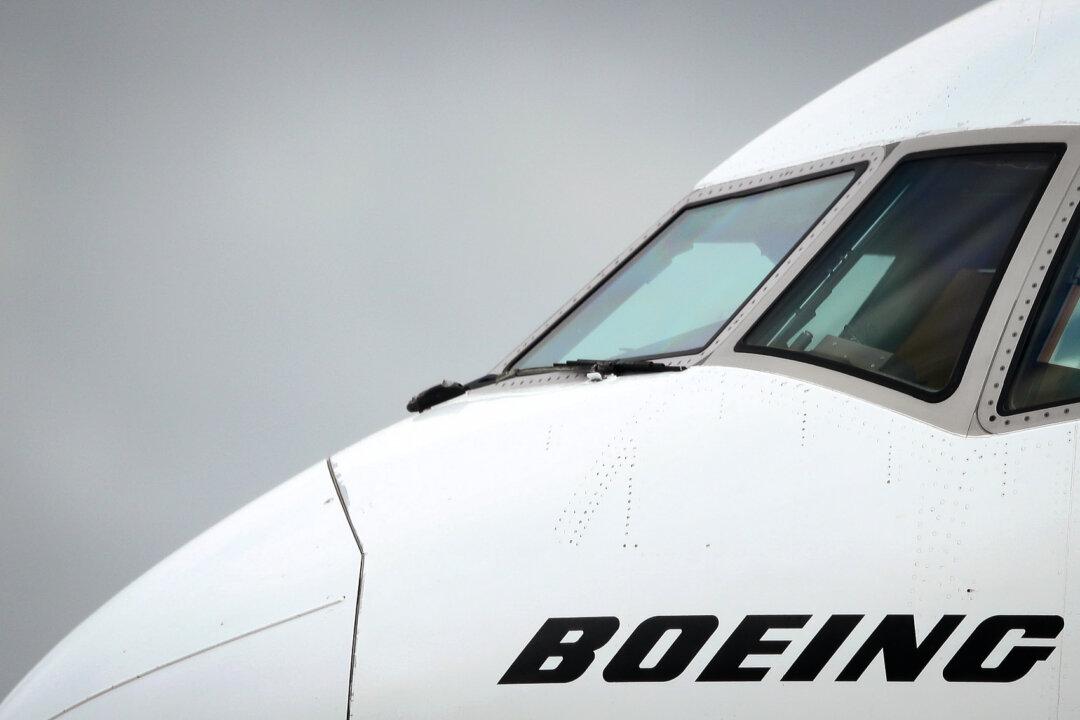Lawyers for Boeing whistleblower John Barnett, who was found dead in South Carolina in March following an apparent suicide, have blamed his death on the plane maker.
In a joint statement to The Epoch Times on May 21, Mr. Barnett’s lawyers, Robert Turkewitz and Brian Knowles, cited a suicide note allegedly left by the former Boeing employee before his death.




